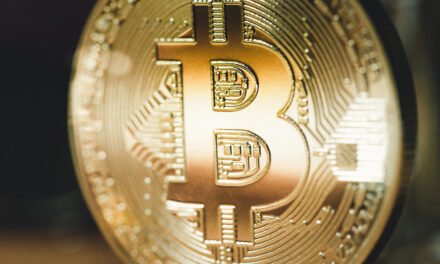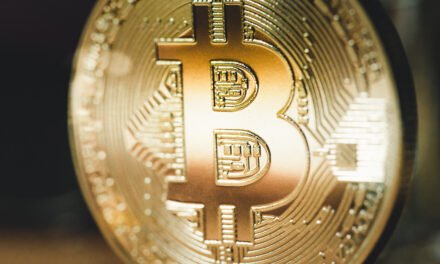Investors seeking new ways to diversify their portfolios are constantly on the lookout for innovative options. One such option is stable coins which have gained popularity in recent years due to their stability and predictability. But what exactly sets them apart from volatile altcoins? And should you consider adding them into your investment mix? Lets take a closer look at these questions.

Stable Coins – What Are They?
Digital currencies like Bitcoin and Ethereum have gained popularity in recent years but their volatility has made them less than ideal for everyday use cases. Stable coins are designed to address this issue by providing a level of certainty that traditional cryptocurrencies lack. These digital assets maintain stable values against specific assets or baskets of assets making them perfect for businesses looking for predictability when it comes to transactions. Examples include Tether (USDT), TrueUSD (TUSD) and DAI among others. With these options available, theres no reason why anyone should be stuck with unpredictable crypto anymore!
Why Stable Coins Are Beneficial
Stable coins offer a valuable advantage in terms of stability and predictability that makes them ideal for businesses or individuals who need to conduct frequent transactions over an extended period. Additionally these types of cryptocurrencies are often backed by real world assets such as gold or fiat currency which adds credibility and trustworthiness. With all these benefits it’s no surprise why stablecoin usage is on the rise!
Selecting the Best Stable Coin for You
Selecting a stable coin requires careful consideration of several factors. Firstly, it is crucial to ensure that the chosen token has sufficient reserves for full collateralization. This guarantees protection against any potential risks associated with insufficient backing assets. Secondly, one must evaluate the track record and credibility of both creators as well as management teams involved in running operations behind this type of cryptocurrency. Last but not least comes assessment of liquidity levels which determine how easily accessible buying or selling options are without incurring significant fees or delays during transactions. By taking all these considerations into account while choosing between different types of stable coins available on market today – investors can make informed decisions about their financial future.
The Risks of Investing in Altcoins
Investing in altcoins can be a tempting prospect due to their potential for high returns. However it is crucial that investors are aware of the risks involved when dealing with these assets. The lack of regulation and oversight makes them vulnerable targets for fraudulent activity such as pump-and-dump schemes or manipulative practices by traders looking to profit from short term price movements at your expense . Additionally , volatile valuations driven solely by speculation could leave you feeling uncertain about whether its worth holding onto an asset whose value may fluctuate wildly over time . Invest wisely!
Stable Coins vs Altcoins – Which Is Better?
Investing in cryptocurrencies can be a tricky business with many factors to consider before making any decisions. One key consideration is whether or not you should invest in volatile altcoins versus more predictable stable coins. The answer ultimately depends on your individual goals and risk tolerance levels as an investor. If stability and reliability are top priorities for you then opting for stable coins may make sense; however if taking calculated risks appeals to you then exploring the potential benefits of altcoin investments could also prove fruitful. Remember that both options come with their own unique set of advantages and disadvantages so carefully weigh all available information before committing funds either way!
Should You Invest in Stable Coins?
Stable coins are an exciting addition to the world of cryptocurrencies. With their high degree of stability and predictability they offer a compelling alternative compared with volatile altcoins. Ultimately whether or not you decide to include stable coins in your portfolio depends on individual investment goals and risk tolerance levels.





